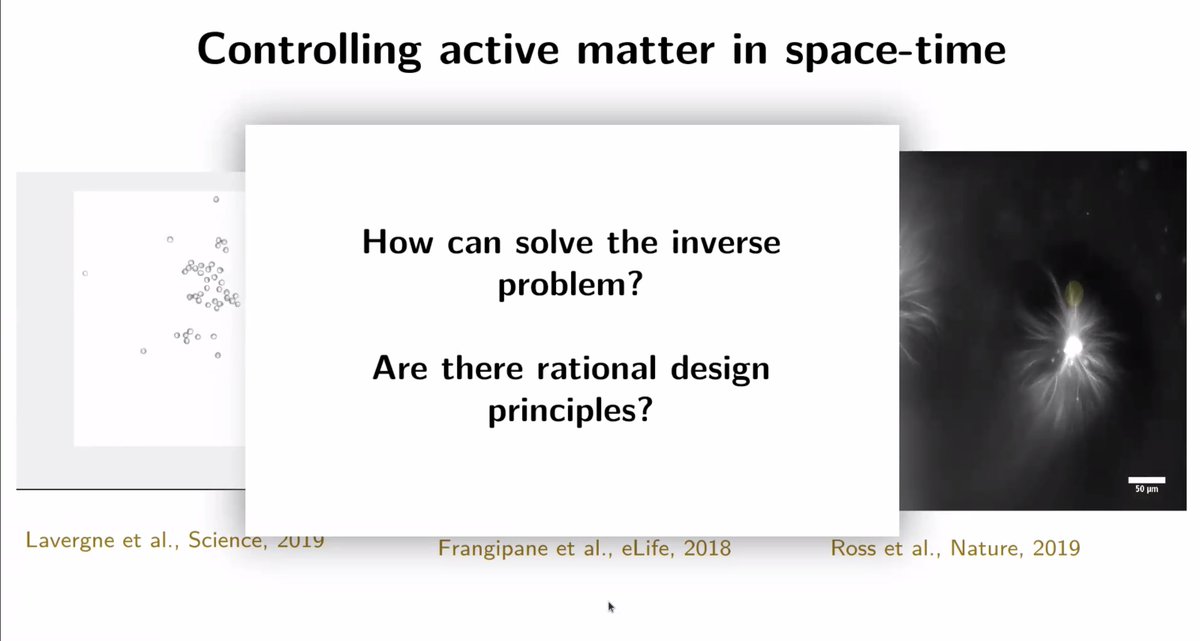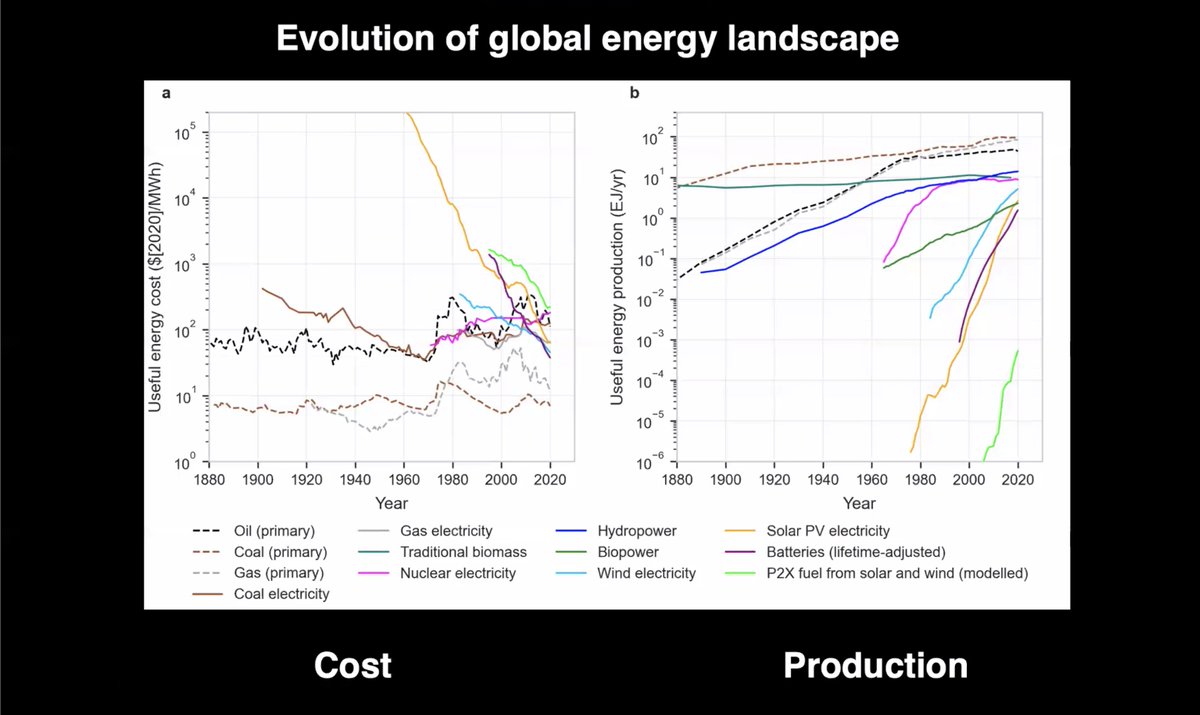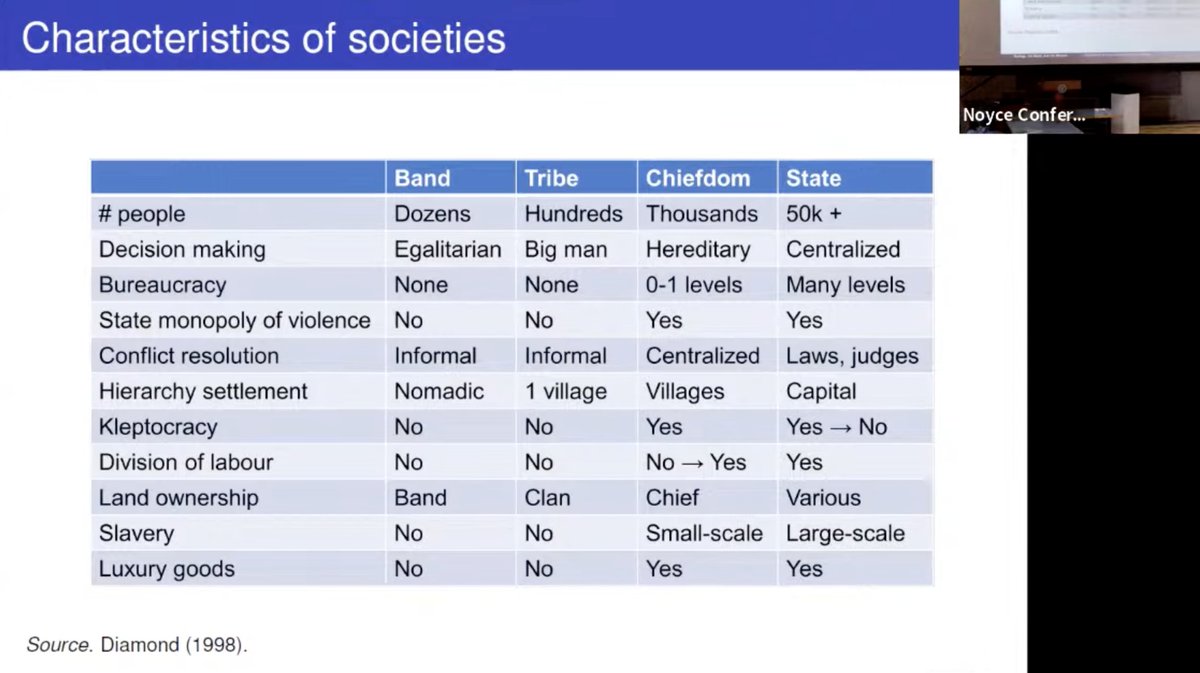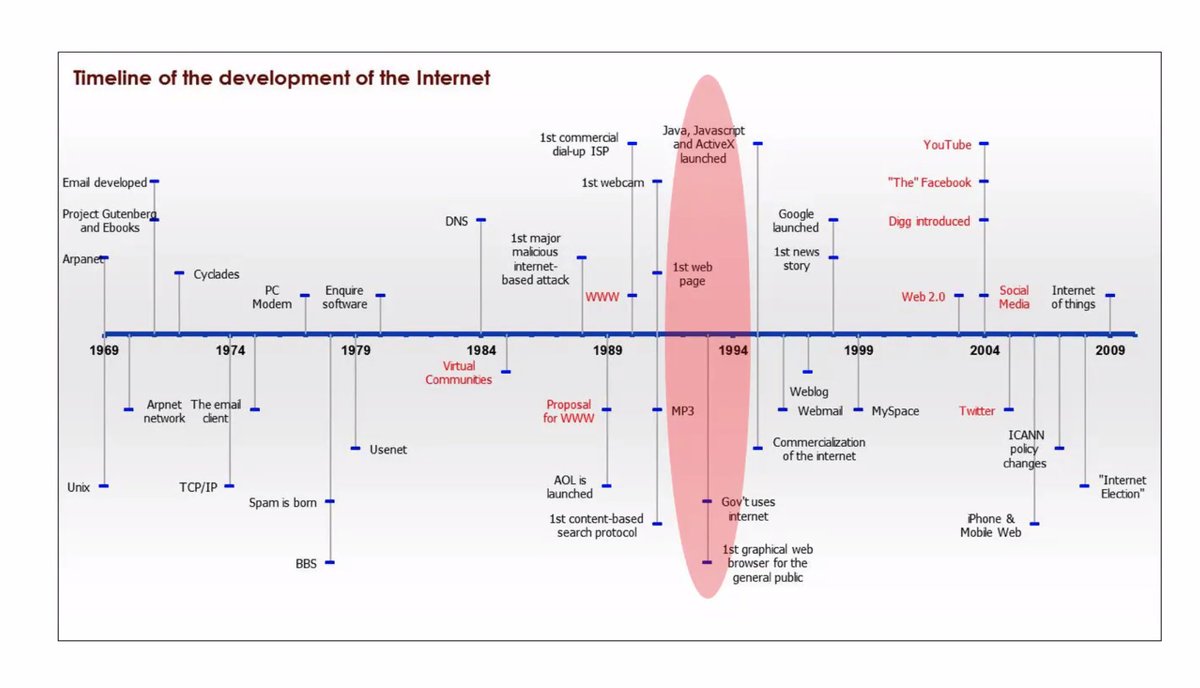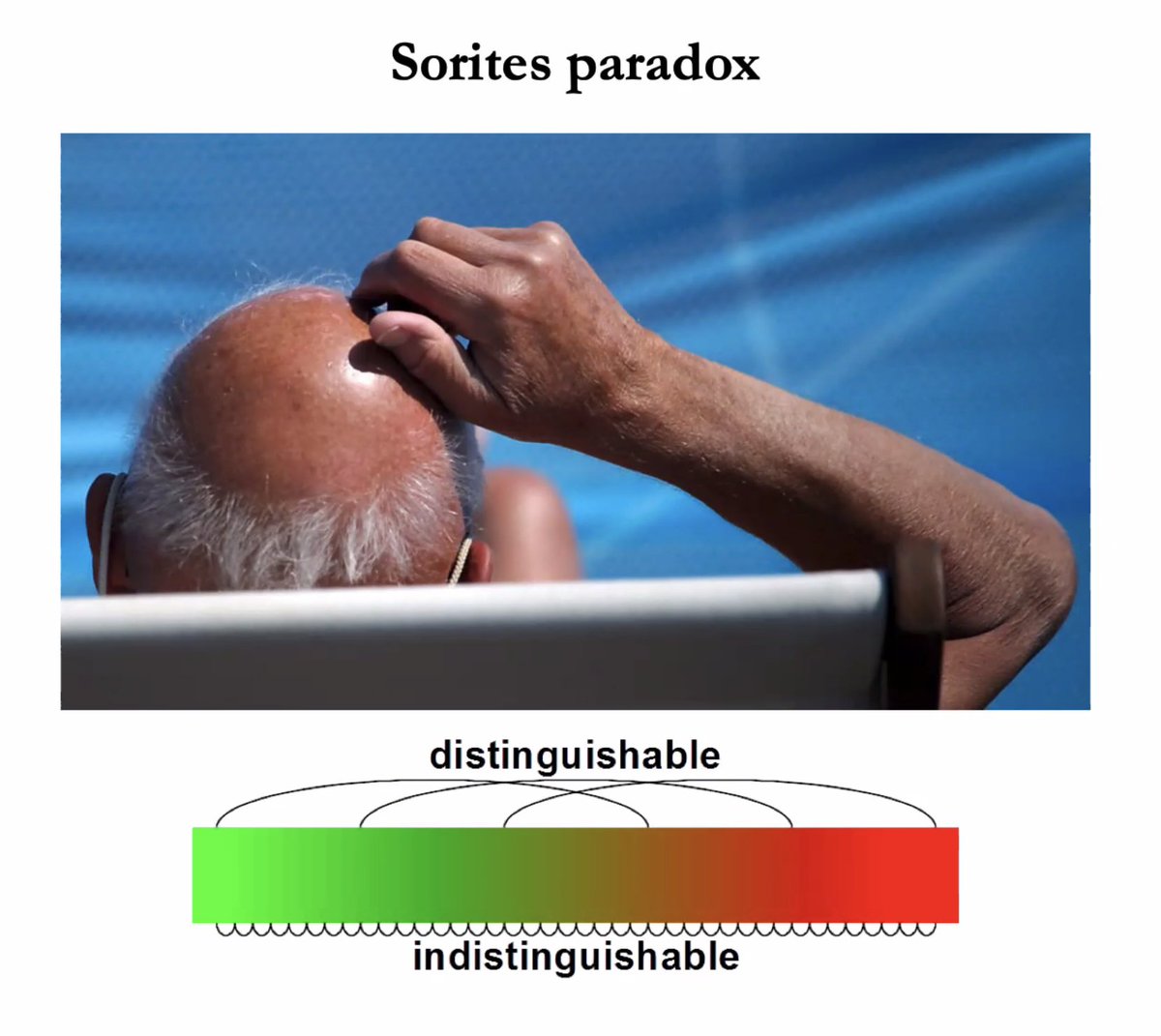
"Harnessing #SocialCapital to Enhance Collective Welfare" — our final Community Lecture of the season, starting in a few moments (7:30 pm Mountain).
Follow this 🧵 for highlights from the panel, and tune in to the YouTube stream:
#Economics #Inequality
Follow this 🧵 for highlights from the panel, and tune in to the YouTube stream:
#Economics #Inequality
https://twitter.com/sfiscience/status/1582461651202162690
In 2009 @TIME named @NAChristakis of @Yale, one of our panelists tonight, one of the top 100 most influential people in the world. His clever experiments examine the spread of altruism, emotions, & health behaviors in both virtual & real-world settings.
humannaturelab.net/people/nichola…
humannaturelab.net/people/nichola…
Our next panelist, SFI Ext Prof @JacksonmMatt of @Stanford, is a highly-awarded economist & the author of The Human Network: How Your Social Position Determines Your Power, Beliefs, & Behaviors:
web.stanford.edu/~jacksonm/book…
His episode of #ComplexityPodcast:
complexity.simplecast.com/episodes/12
web.stanford.edu/~jacksonm/book…
His episode of #ComplexityPodcast:
complexity.simplecast.com/episodes/12
Our host, SFI Prof @C4COMPUTATION, teases a few potential topics for discussion in tonight's trialogue — including the non-rivalrous social experiments of Former SFI Chair @jim_rutt calls #GameB, & the relationship between #SocialCapital & text-to-image software like @midjourney.
"Graphite is soft and dark, and diamond is hard and clear. These are not properties of the carbon atoms. They are properties of the *collection* of carbon atoms. [Similarly], properties of human #societies depend on the way people are #connected to each other."
- @NAChristakis
- @NAChristakis

"Risk of contracting #COVID is in part a property of the inequality of connections in your network structure. It [may] possible to identify individuals with outsized impact & target them... Who in this global village should we get to try & change their behavior?"
- @NAChristakis
- @NAChristakis

"What I want to know is, how do you shrewdly pick ten people [to teach something] to maximize what in economics we call 'externality'?"
- @NAChristakis on how to "treat the untreated" by attending to social network structure and mimetic behavior in humans
- @NAChristakis on how to "treat the untreated" by attending to social network structure and mimetic behavior in humans

@NAChristakis "The world in which high-degree network people are connected to high-degree people and low-degree people are connected to low-degree people is a better world. It's the kind of network people make. Structure matters."
- @NAChristakis
- @NAChristakis
"Same people, different [network] #topology can make different things happen... Understanding the wisdom and rationale of intervening in #networks is important."
- @NAChristakis, citing:
pnas.org/doi/10.1073/pn…
- @NAChristakis, citing:
pnas.org/doi/10.1073/pn…

"Capital is not just cash. It is a stock of resources that can be put to productive use. In order to create capital you have to invest skill & effort. Capital creation is about the transformation of the natural world: changing a substance into another substance."
- @NAChristakis
- @NAChristakis
"[Cultivating] #HumanCapital is a change of relations among persons, making them more productive... That is the deepest account I can give you of the importance of #SocialNetworks in our lives and how we can use them to make the world better."
- @NAChristakis
- @NAChristakis
A random graph of imaginary high-schoolers, drawn by a "spring algorithm" vs. an ACTUAL high school network map, formed by students' own deliberate associations. The real high school is more unequal.
"We can structure networks to have good social capital."
- @JacksonmMatt


"We can structure networks to have good social capital."
- @JacksonmMatt



"Some of the things that social capital can deliver to individuals is information, opportunity, forms of behavior. 'What are my aspirations?' We can see the source of inequality."
- @JacksonmMatt
- @JacksonmMatt
"Putting yourself behind the veil of ignorance in which you don't know which circumstances you can be born into, you can begin to understand why we want social insurance... We have a relationship between #inequality and what we might call #immobility."
- @JacksonmMatt
- @JacksonmMatt

"You're born into your community. You're born into your relationships with people around you that you're going to befriend, that are connected to your parents, and this leads to the relationship between inequality and immobility."
- @JacksonmMatt
- @JacksonmMatt
"The people who are not put into good situations are not producing as much for society."
- @JacksonmMatt, showing a graph that displays an inverse relationship between economic connectedness and immobility.
(Santa Fe isn't doing well on this curve).
#Productivity #Homophily
- @JacksonmMatt, showing a graph that displays an inverse relationship between economic connectedness and immobility.
(Santa Fe isn't doing well on this curve).
#Productivity #Homophily

“Most people live – whether physically, intellectually or morally – in a very restricted circle of their potential being. We all have reservoirs of life to draw upon of which we do not dream.”
- #WilliamJames, quoted by @C4COMPUTATION, who asks, how do we extract human potential?
- #WilliamJames, quoted by @C4COMPUTATION, who asks, how do we extract human potential?
"So much more is out of our control than just our parents' wealth... When we're not able to use the resources that are there because of these constraints, there's an issue."
- @JacksonmMatt
- @JacksonmMatt
@JacksonmMatt "Because of unequal power distribution, we have impartial conflict resolution. This is one example that shows that sometimes, inequality can be good."
- @C4COMPUTATION on her research into primate dominance hierarchies:
✨ emory.edu/LIVING_LINKS/p…
✨ emory.edu/LIVING_LINKS/p…
- @C4COMPUTATION on her research into primate dominance hierarchies:
✨ emory.edu/LIVING_LINKS/p…
✨ emory.edu/LIVING_LINKS/p…
"Even the #Hadza they have *some* #inequality. That should come as no surprise to us. That's just the natural lottery. You can have better order, but you can also have better learning. If we had an equal distribution of knowledge in society, we'd be worse for it."
- @NAChristakis
- @NAChristakis
"I'm sure you all take for granted that you prefer the company of people you resemble. Until now, there was no deep account of why we have #homophily. As do other social animals."
- @NAChristakis
- @NAChristakis
"It's very depressing: Why don't we just like ourselves and be indifferent to others? Why do we despise out-groups?"
- @NAChristakis
- @NAChristakis
"One idea is that one of the origins of #homophily is the fact that other individuals like us act as proxies about whether it is valuable, and safe, and easy to be in a particular environment."
- @NAChristakis
- @NAChristakis
"If we had a completely random network, there'd be no way of knowing how to find someone with particular knowledge. But because of #homophily, we know how our networks are structured, and how to navigate them."
- @JacksonmMatt

- @JacksonmMatt

@JacksonmMatt "Is there a value to #SocialCapital in and of itself?"
- @C4COMPUTATION
"You can put capital to use in evil ends. Social capital is not good or bad, ipso facto."
- @NAChristakis
- @C4COMPUTATION
"You can put capital to use in evil ends. Social capital is not good or bad, ipso facto."
- @NAChristakis
"#SocialCapital comes in different flavors. The networks embody many different kinds of #relationships. We can have two different kinds of social capital and in our study, #connectedness gives you predictions of mobility but #bonding capital doesn't do anything."
- @JacksonmMatt
- @JacksonmMatt
"Social capital is producing something: it's producing an epidemic. *The spread of germs is the price we pay for the spread of ideas.* In coming near you in order to benefit from learning from you, or hunting animals, I place myself at risk."
- @NAChristakis
- @NAChristakis
"The Black Plague took four years to travel from Marseilles to Stockholm. COVID spread around the world in weeks. We can't avoid the spread of disease [because the cost of not spreading ideas is too high], but it's moving faster than it did."
- @JacksonmMatt
- @JacksonmMatt
"There are several issues on the table. One is that there are conflicting views on social networks... And then there's question of if we know enough to make a taxonomy of groups [so] we can know which ones make things better?"
- @C4COMPUTATION
- @C4COMPUTATION
"People organize into networks that are optimized for the sharing of favors, but just LOUSY for information flow. They're cut off from the information they need. We do have some ideas about which structures are better for sharing ideas,& which for sharing risks?"
- @JacksonmMatt
- @JacksonmMatt
"Networks have a life of their own. People are born, they die, they come and go, their friendships come and go, but the network is here still. If you take this observation that there's an enduring and fundamental structure...it's the real thing that matters."
- @NAChristakis
- @NAChristakis
"The ability to connect with more people and hear about things more quickly at a distance... The world becomes more connected, but our natural homophilic tendencies can be exacerbated. [Social media platforms] suggest friends that look almost exactly like you."
- @JacksonmMatt
- @JacksonmMatt
Tonight's discussion finally steers into questions about #nudging and behavioral interventions for the engineering of different network structures.
"Some version of this is obviously required. We have to change individual behavior, to *get* these networks."
- @C4COMPUTATION
"Some version of this is obviously required. We have to change individual behavior, to *get* these networks."
- @C4COMPUTATION

"Small schools tend to have more integrated groups than large schools. It's just natural that if you put people in close proximity, they're going to interact more. Size actually matters."
- @JacksonmMatt

- @JacksonmMatt

"Social engineering is dangerous. The Air Force said, 'Let's build the perfect squadron.' But the group just split in two. It's very hard to predict how these things will operate out of sample. We don't know what the right techniques are."
- @JacksonmMatt
- @JacksonmMatt
@JacksonmMatt "There are two levels we're operating at: [the network, and the individual]," and plenty of unintended consequences at the layer of their interaction, says @C4Computation. "Yes, there's definitely a reason to be cautious."
"We're in the early days of this massive technology [social engineering] that I think has had some untoward effects, just like any other new technology."
- @NAChristakis
- @NAChristakis
"It is said that #homophily exists because it has assisted in reducing the capacity required for cooperation, this reduction in scale. This is common sense. All of us appreciate this."
- @NAChristakis
- @NAChristakis
"Another way of what you just said is the allocation of attention. This doesn't demand you do nasty things to the other group."
- @C4COMPUTATION
- @C4COMPUTATION
"Last I checked, you need extremely powerful lasers to turn graphite into diamond. Are we doomed unless we do some major political thing?"
- @blamlab, referencing the argument by Walter Scheidl's book The Great Leveler
(press.princeton.edu/books/paperbac…)
- @blamlab, referencing the argument by Walter Scheidl's book The Great Leveler
(press.princeton.edu/books/paperbac…)
"@blamlab's question is, effectively, 'What is the right level at which to intervene?' And my work asks, 'When is the macro scale in/sensitive to changes in individual behavior?"
- @C4COMPUTATION
- @C4COMPUTATION
"One thing, if you have to worry about social media, is, when you think about democracies, you ask what are the important aspects? Part of it is a free press, and a free press is a watchdog... And now, if you break a story, you have no control over it."
- @JacksonmMatt
- @JacksonmMatt
"Usually you don't have to persuade people that beliefs and norms matter. I hope that some of what you saw today persuaded you that there's other set of additional factors...that also matters. That's not to the exclusion of culture. Culture is hugely important."
- @NAChristakis
- @NAChristakis
"I think culture is a veneer on top of deeper forces at work in human social organization. I think a lot of times in human affairs we overemphasize the differences between us & overlook our common humanity & these deeper forces. And one of them is these networks."
- @NAChristakis
- @NAChristakis
"It's pretty easy to build models of network structure in which you see [the emergence of] different norms in different parts of the network. One part can have one culture and the other part can have a completely different culture..."
- @JacksonmMatt
- @JacksonmMatt
"These are very much issues for the future. We're going to be seeing scientists and individuals addressing them, and certainly corporations and nations as well."
- @C4COMPUTATION
- @C4COMPUTATION
• • •
Missing some Tweet in this thread? You can try to
force a refresh











